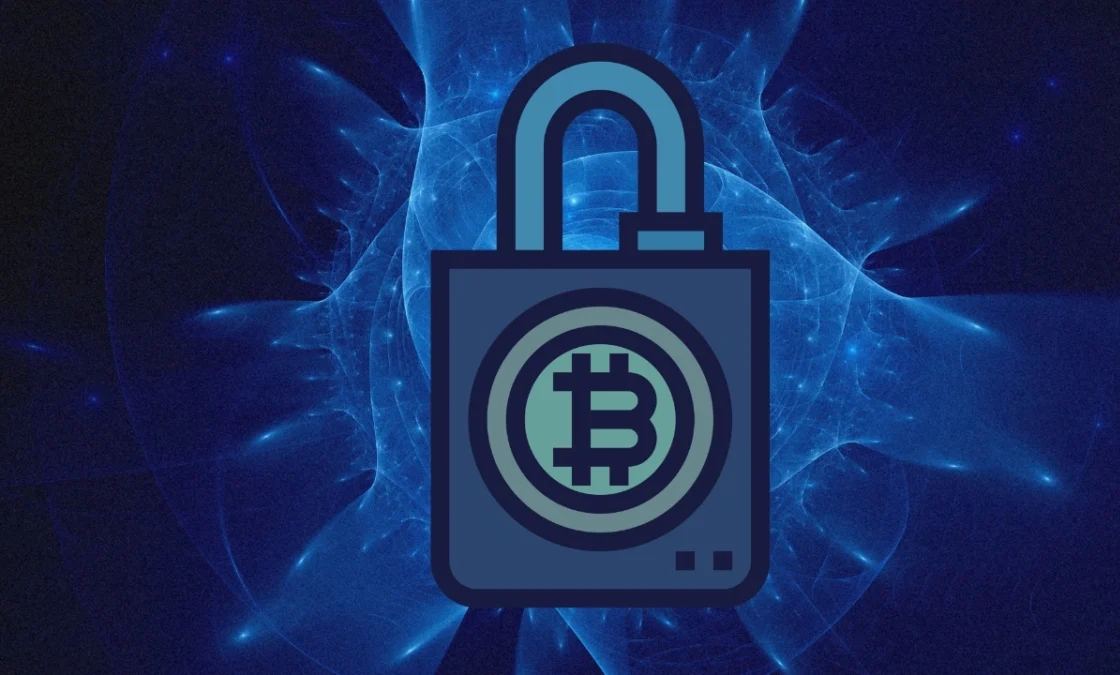In this post:
- Google announced Willow, a quantum computing processor that can tackle problems nearly 1025 times quicker than the current state-of-the-art supercomputers.
- According to Hartmut Neven, head of Google’s Quantum AI division, the processor executed calculations at “mind-boggling” rates and corrected errors tenfold.
- According to Ava Labs CEO Emin Gün Sirer, the development of quantum computing does not yet threaten the security of cryptocurrency.
On December 9th, Google said that it had created a new quantum computer chip called “Willow.” In less than five minutes, the chip completed a calculation that would take a supercomputer ten septillion (1025) years. Neven, the head for Quantum AI at Google, described Willow as a significant advancement in quantum error correction.There is conjecture that the latest advancements might pose a risk to cryptocurrency.
Regarding the development of quantum computing, Sirer, the founder and CEO of Ava Labs, said that, for the time being at least, the security of digital currencies remained unaffected. However, he voiced his worries about the technology’s possible danger to 1M Bitcoin, created by Satoshi Nakamoto, which used the antiquated P2PK (pay-to-public-key) structure. According to Sirer, quantum computing may pose a concern as the P2PK format made the public key, potentially giving opportunities to attackers.
Google uses more qubits in the new Willow chip to reduce errors
Google’s Quantum AI team has introduced “Willow,” a new quantum computer processor. According to reports, the chip can execute quick calculations with exponentially lower mistakes after being scaled up with more qubits.
The most basic informational unit in quantum computing is called a qubit, or quantum bit. Higher processing power is correlated with more qubits. However, it also raises the likelihood of additional mistakes. As a result, the exaggerated amount of errors may produce erroneous results, rendering the technology unsuitable for widespread real-world uses like crypto encryption.
Hartmut Neven, the head of Google’s Quantum AI, claims that Willow can do intricate calculations incredibly quickly and exponentially rectify mistakes. Unlike comparable supercomputers that would take five minutes to solve computational problems, Willow can take a thousand quadrillion years to solve a massively complex problem.
“This mind-boggling number exceeds known timescales in physics and vastly exceeds the age of the universe”
This technology can “drive errors down while scaling up the number of qubits,” Neven continued. It solves a “key challenge” of quantum problems that specialists have been working on for “almost 30 years,” he notes. By merging several physical qubits into a logical qubit, the Google Quantum AI team and partners explained that quantum error correction [1, 2, 3, 4] offered a way to accomplish useful quantum computing.
Is crypto encryption in danger? Quantum concerns to crypto security are discussed by experts.
The development of quantum computing has raised concerns in the crypto sector. These developments might make it possible for hackers to crack crypto encryption, exposing user funds widely. Sirer of Ava Labs stated that although quantum computing is a significant leap, it may raise concerns about Willow’s potential threat to crypto encryption.
In a post on X on December 9, tech entrepreneur and former Google senior product manager Kevin Rose made the case that Willow is still far from posing a threat to cryptocurrencies.
According to him, it would take a quantum computer with over 13 million qubits a day to unlock the encryption of Bitcoin. Despite being a major accomplishment, Google’s Willow chip’s 105 qubits were far less powerful than what was needed to break Bitcoin’s encryption.
Notably, Sirer proposed that when or if quantum computing posed a threat, the cryptocurrency community might think about freezing Satoshi’s Bitcoin. In order to protect these digital assets from future quantum risks, he suggested establishing a shutdown date to freeze all tokens on P2PK UTXOs.
From Zero to Web3 Pro: Your 90-Day Career Launch Plan







